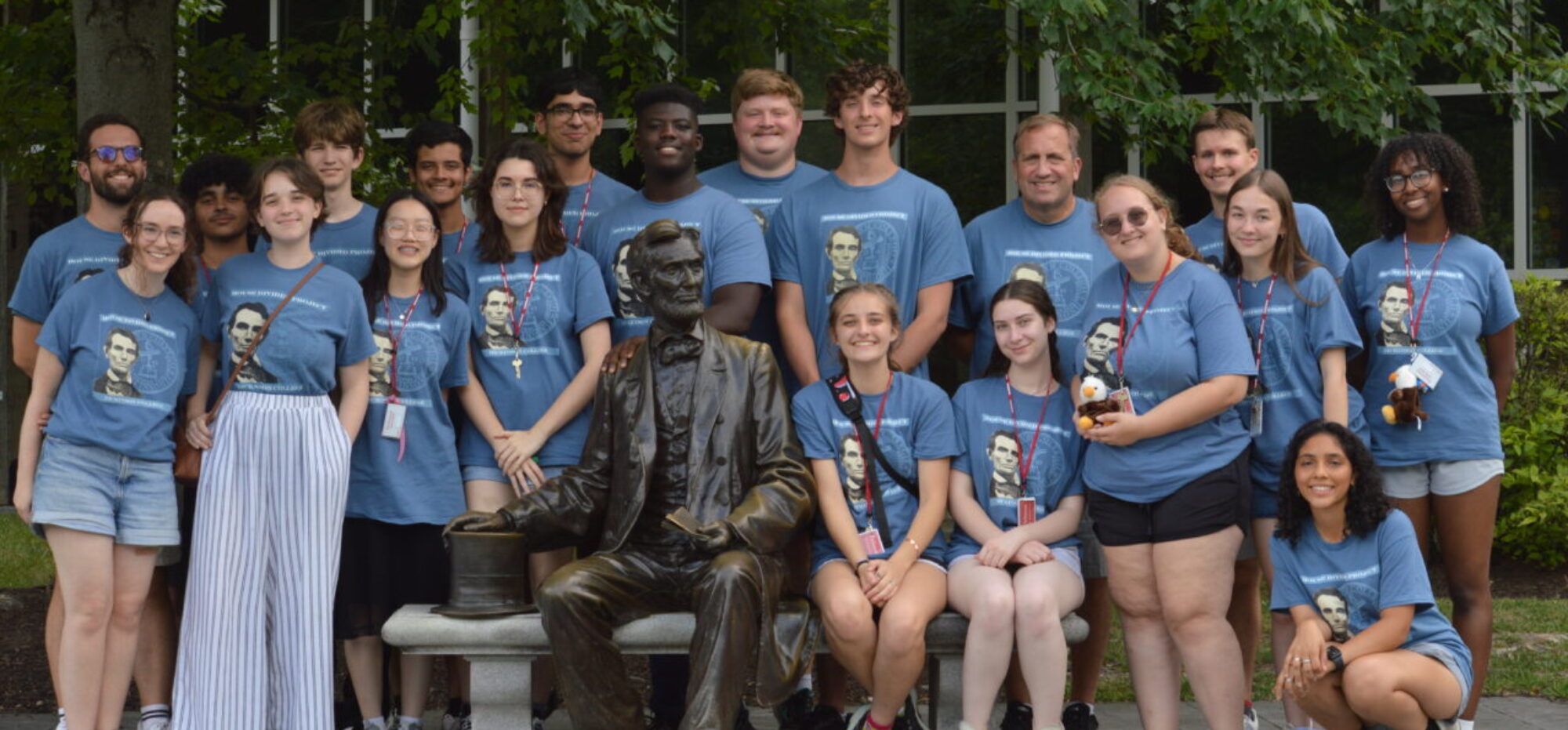March 4, 1861
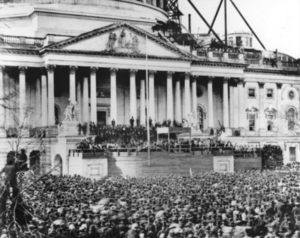
“I have no purpose, directly or indirectly, to interfere with the institution of slavery in the States where it exists. I believe I have no lawful right to do so, and I have no inclination to do so.”
–First Inaugural Address, March 4, 1861, quoting from the 1858 Lincoln-Douglas debates and paraphrasing from the 1855 Quincy (IL) platform
May 7, 1861
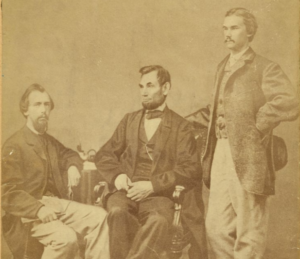
“We must settle this question now, whether in a free government the minority have the right to break up the government whenever they choose. If we fail it will go far to prove the incapability of the people to govern themselves. There may be one consideration used in stay of such final judgement, but that is not for us to use in advance. That is, that there exists in our case, an instance of a vast and far reaching disturbing element, which the history of no other free nation will probably ever present. That however is not for us to say at present. Taking the government as we found it we will see if the majority can preserve it.”
–Lincoln quoted in John Hay diary, May 7, 1861
July 20, 1862
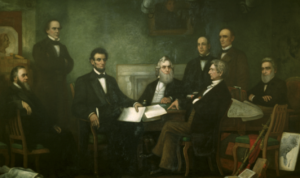
“The President himself has been, out of pure devotion to what he considers the best interests of humanity, the bulwark of the institution he abhors, for a year. But he will not conserve slavery much longer. When next he speaks in relation to this defiant and ungrateful villainy it will be with no uncertain sound. Even now he speaks more boldly and sternly to slaveholders than to the world. If I have sometimes been impatient of his delay I am so no longer.”
–John Hay (age 23) to Mary Jay (age 16), Sunday, July 20, 1862 (Gilder Lehrman Collection GLC01569)
August 22, 1862
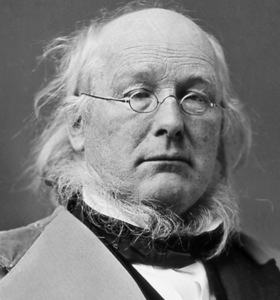
“My paramount object in this struggle is to save the Union, and is not either to save or to destroy slavery. If I could save the Union without freeing any slave I would do it, and if I could save it by freeing all the slaves I would do it; and if I could save it by freeing some and leaving others alone I would also do that. What I do about slavery, and the colored race, I do because I believe it helps to save the Union; and what I forbear, I forbear because I do not believe it would help to save the Union.”
–Lincoln to Horace Greeley, August 22, 1862, released first in the Washington National Intelligencer on August 23
January 1, 1863
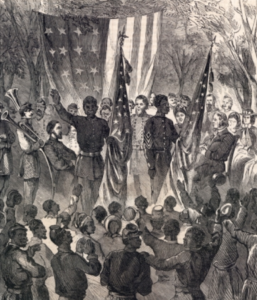
“And upon this act, sincerely believed to be an act of justice, warranted by the Constitution, upon military necessity, I invoke the considerate judgment of mankind, and the gracious favor of Almighty God.”
–final sentence of the Emancipation Proclamation
January 1, 1863
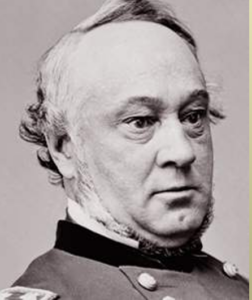
“You know what Gen. Burnside’s plan is; and it is my wish that you go with him to the ground, examine it as far as practicable, confer with the officers, getting their judgment, and ascertaining their temper, in a word, gather all the elements for forming a judgment of your own; and then tell Gen. Burnside that you do approve, or that you do not approve his plan. Your military skill is useless to me, if you will not do this.”
[REVERSE]
Withdrawn, because considered harsh by Gen. Halleck.
A.L. Jan. 1. 1862 [sic]
–Lincoln to Henry W. Halleck, January 1, 1863
July 4, 1863
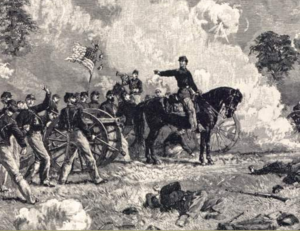
“How long ago is it?—eighty odd years—since on the Fourth of July for the first time in the history of the world a nation by its representatives, assembled and declared as a self-evident truth that “all men are created equal.” …and now, on this last Fourth of July just passed, when we have a gigantic Rebellion, at the bottom of which is an effort to overthrow the principle that all men were created equal, we have the surrender of a most powerful position and army on that very day, and not only so, but in a succession of battles in Pennsylvania, near to us, through three days, so rapidly fought that they might be called one great battle on the 1st, 2d and 3d of the month of July; and on the 4th the cohorts of those who opposed the declaration that all men are created equal, “turned tail” and run. Gentlemen, this is a glorious theme, and the occasion for a speech, but I am not prepared to make one worthy of the occasion.”
–Lincoln, Response to Serenade, July 7, 1863
November 19, 1863
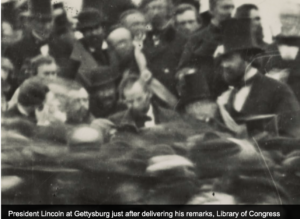 “The world will little note, nor long remember what we say here, but it can never forget what they did here. It is for us the living, rather, to be dedicated here to the unfinished work which they who fought here have thus far so nobly advanced. It is rather for us to be here dedicated to the great task remaining before us—that from these honored dead we take increased devotion to that cause for which they gave the last full measure of devotion—that we here highly resolve that these dead shall not have died in vain—that this nation, under God, shall have a new birth of freedom—and that government of the people, by the people, for the people, shall not perish from the earth.”
“The world will little note, nor long remember what we say here, but it can never forget what they did here. It is for us the living, rather, to be dedicated here to the unfinished work which they who fought here have thus far so nobly advanced. It is rather for us to be here dedicated to the great task remaining before us—that from these honored dead we take increased devotion to that cause for which they gave the last full measure of devotion—that we here highly resolve that these dead shall not have died in vain—that this nation, under God, shall have a new birth of freedom—and that government of the people, by the people, for the people, shall not perish from the earth.”
November 20, 1863
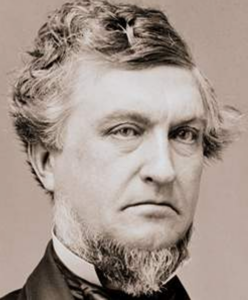
“I am very glad the elections this autumn have gone favorably, and that I have not, by native depravity, or under evil influences, done anything bad enough to prevent the good result. I hope to ‘stand firm’ enough to not go backward, and yet not go forward fast enough to wreck the country’s cause.”
–Lincoln to Sen. Zachariah Chandler, November 20, 1863
December 8, 1863
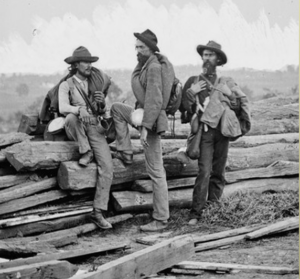
“I, , do solemnly swear, in presence of Almighty God, that I will henceforth faithfully support, protect, and defend the Constitution of the United States and the Union of the States thereunder; and that I will, in like manner, abide by and faithfully support all acts of congress passed during the existing rebellion with reference to slaves, so long and so far as not repealed, modified, or held void by congress, or by decision of the supreme court; and that I will, in like manner, abide by and faithfully support all proclamations of the President made during the existing rebellion having reference to slaves, so long and so far as not modified or declared void by decision of the supreme court. So help me God.”
–Proclamation of Amnesty and Reconstruction, Dec 8, 1863
